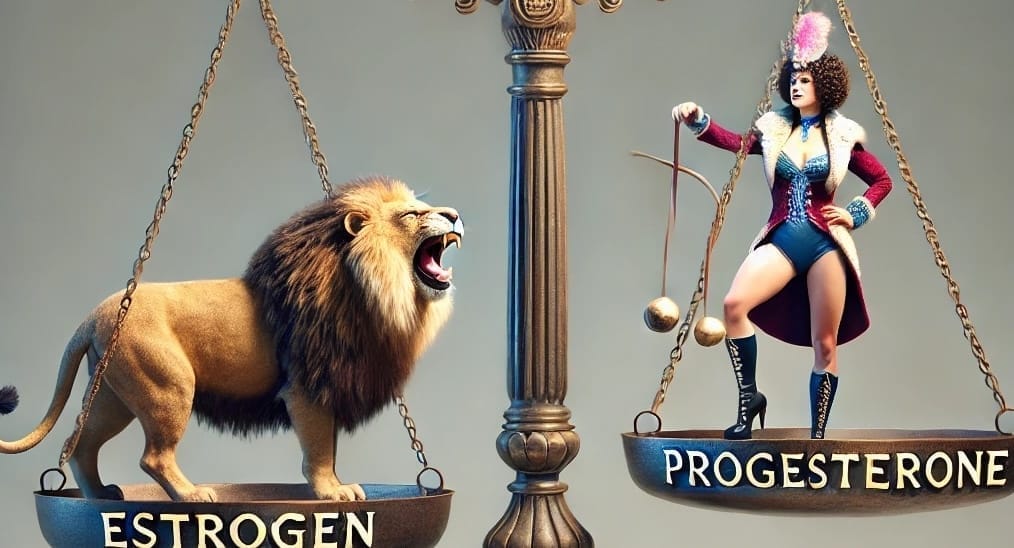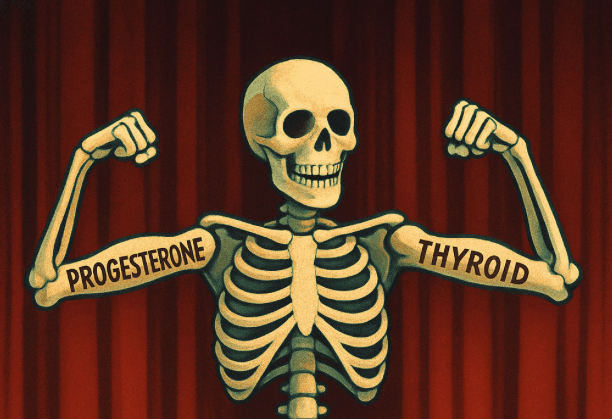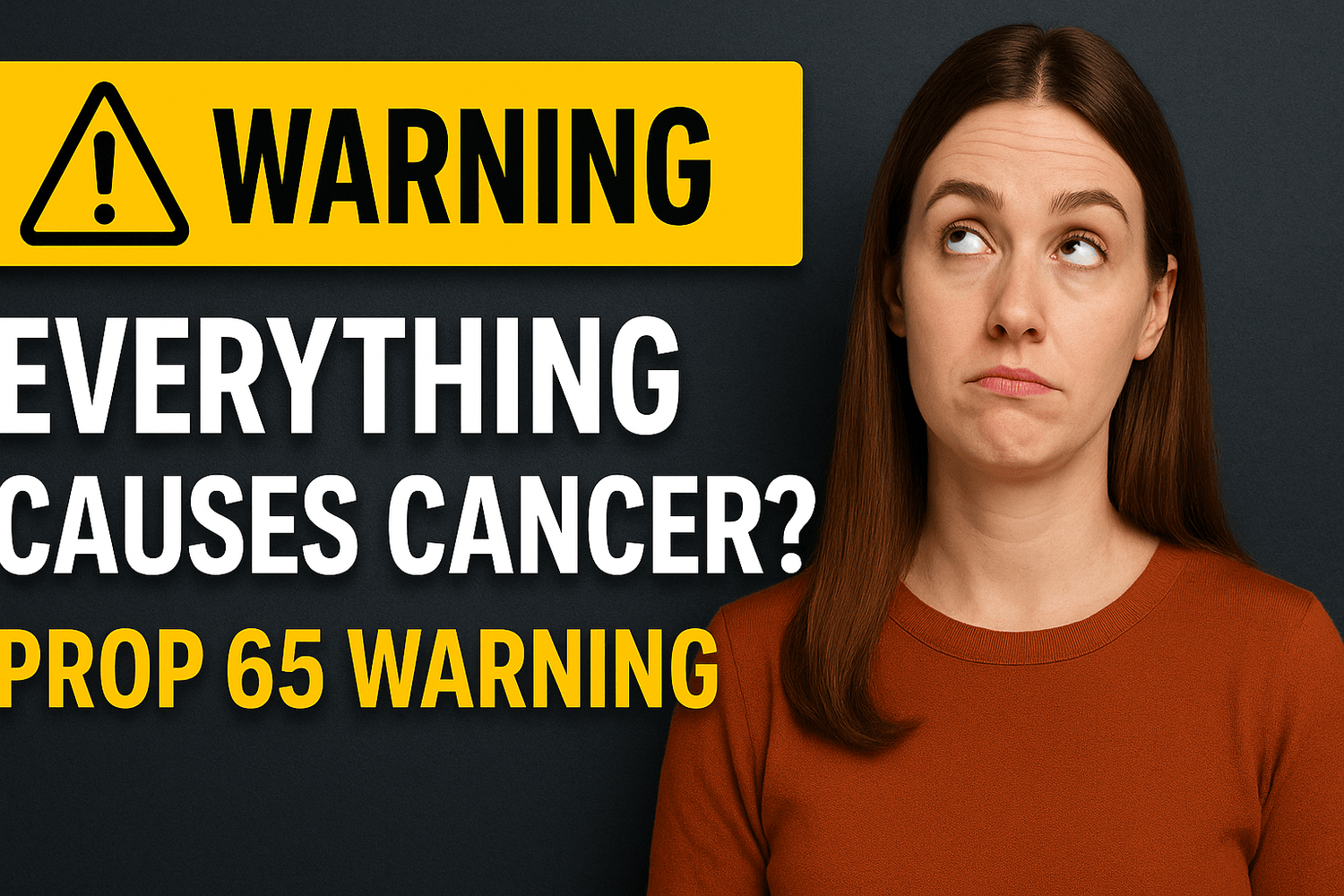The Hot Flash
A hormonal hot flash is a sudden, intense feeling of heat, often accompanied by sweating, rapid heartbeat, and sometimes anxiety. It is primarily caused by fluctuations in hormones. While most people associate these symptoms solely with declining estrogen levels during menopause, there’s much more going on behind the scenes.
Cortisol, blood sugar imbalances, and a decline in progesterone are the key players in this sneaky sweaty experience.
The Cortisol and Blood Sugar Connection
-Hot flashes are an issue of low progesterone and low blood sugar which increases cortisol and adrenaline.
But why does estrogen seem to help hot flashes?
Because estrogen has a direct effect on the hypothalamus which controls body temperature, helping to normalize the dramatic change in temperature.
But this doesn’t address the root cause of the hot flash. Cortisol is your body's primary stress hormone, produced by the adrenal glands. It helps regulate many functions, including your sleep-wake cycle and how your body responds to stress.
During menopause, hormonal changes like declining estrogen and progesterone can disrupt the normal rhythm of cortisol. These disruptions trigger stress responses, causing cortisol to spike—especially at night—leading to night sweats. Elevated cortisol also affects blood sugar levels, often resulting in a cycle of high blood sugar followed by crashes, both of which can lead to hot flashes and night sweats and of course, insomnia.
When blood sugar drops too low, the body responds by releasing more cortisol and if needed adrenaline to restore balance. This cortisol surge can happen at night, waking you up in a sweat, or during the day, leading to a hot flash. It’s actually very similar to what happens when you have nightmares that wake you up suddenly. Your body is responding to a drop in blood sugar and acts accordingly to produce enough energy through the adrenaline rush since it has access to glycogen stores and glucose. A similar thing happens with alcohol consumption and the “3am wake up”. Your liver will use up its glycogen stores detoxifying the alcohol you drank leaving you with no glucose stores to carry you through a full night of sleep.
-The Dark Horse, histamine and hidden estrogens in tissues:
Blood sugar imbalances can trigger histamine release. When blood sugar drops too low, the body releases cortisol and adrenaline, which in turn stimulate histamine, leading to symptoms like flushing and heat—similar to hot flashes.
In menopause, estrogen can become trapped in tissues, making it less available in the bloodstream. This “hidden” estrogen activates histamine receptors, contributing to hot flashes. Combined with blood sugar crashes, this creates a cycle where cortisol spikes, histamine is released, and hot flashes intensify. Balancing blood sugar, supporting cortisol, and addressing hidden estrogen can help reduce these symptoms.
-The Missing Piece: Progesterone
While estrogen often gets all the attention, progesterone is the crucial component in managing hot flashes and night sweats. Progesterone helps balance cortisol levels and supports healthy blood sugar regulation. When progesterone levels decline, the delicate balance between estrogen and progesterone is disrupted, which can increase cortisol production and make you more prone to stress, blood sugar imbalances, hot flashes and night sweats. There are many reasons for declining progesterone, slowing metabolism, high stress levels and/or high stressors like infection or toxic burdens, poor diet, leaky gut, to name a few. And declining progesterone can leave estrogen to dominate even at low levels.
*Restoring or supporting healthy progesterone levels can help to:
- Balance cortisol by calming the adrenal glands and managing cortisol surges, especially at night.
- Stabilize blood sugar by preventing blood sugar crashes that can contribute to symptoms.
- Improve sleep by balancing cortisol and calming the nervous system to help prevent middle-of-the-night wake-ups.
*How to Keep Cortisol, Blood Sugar, and Progesterone in Balance
Progesterone support, such as bioidentical progesterone supplementation, can help restore balance.
Balancing blood sugar starts as soon as you wake up, not just at the end of the day! It’s important to eat balanced meals that include protein, fats, and carbohydrates. Cutting out any one of these macronutrients can disrupt your body's delicate balance over time.
Avoid skipping meals, and ensure that the protein, fats, and carbs you consume come from nutrient-dense sources and are eaten in the right proportions for steady energy throughout the day.
Managing stress with relaxation techniques, like prayer and breathwork can help keep cortisol levels in check.
Herbal remedies and supplements that help relax the body, may favorites are L-theanine, lemon balm, glycine, California Poppy and CBD from hemp w/no THC.
Getting adequate sleep is important, as poor sleep increases cortisol and exacerbates hormone imbalances. Implement good sleep hygiene!
“Under normal circumstances, women require 100-200mg/day progesterone, unless symptoms are severe. Hot flushes, once started, only respond to levels of 400mg/day and over.” -Wray White, Progesterone Therapy
Hot flashes and night sweats don't have to be a permanent part of life. By focusing on cortisol, blood sugar, and progesterone balance, you can regain control over your symptoms.
To truly address the root cause, it’s important to look beyond estrogen and focus on holistic hormone balance. That means supporting adrenal health, stabilizing blood sugar, and ensuring progesterone levels are adequate and of course BOOSTING METABOLISM. To learn more about what that entails, join us in the Estrogen Dominance Support Group on Facebook!.
Here are some great resources to check out:
➡️ Low progesterone, not low estrogen, drives night sweats, insomnia of menopause
➡️ Oral micronized progesterone for perimenopausal night sweats and hot flushes
➡️ Progesterone Decreases Night Sweats & Improves Sleep In Perimenopausal Women
And this is a fantastic post from RAENA
Hormonal changes during perimenopause and menopause make your body more sensitive to temperature fluctuations, leading to sudden waves of heat known as hot flashes. Interestingly, during a hot flash, your body isn’t actually getting hotter—it’s cooling down. Your internal temperature slightly drops as your blood vessels widen to release heat through your skin. Here’s how the process is influenced:
Low Progesterone:
Progesterone helps regulate body functions, including temperature. During perimenopause, declining progesterone levels can disrupt your body’s ability to maintain stable conditions, making the hypothalamus (the body’s thermostat) more sensitive and prone to triggering hot flashes.
Low Blood Sugar:
Blood sugar levels can impact how your body reacts to temperature changes. Low blood sugar, common during perimenopause, triggers cortisol release as your body tries to stabilize glucose levels. This can prompt the hypothalamus to overreact to temperature fluctuations, leading to more frequent or intense hot flashes.
High Cortisol:
Cortisol, the “stress hormone,” often increases during perimenopause due to heightened stress response. Elevated cortisol can worsen hot flashes by intensifying your body’s fight-or-flight response, which increases blood flow and heat sensation.
Connecting the Dots:
Low progesterone, low blood sugar, and high cortisol create a feedback loop that intensifies hot flashes. Low progesterone leads to increased cortisol and blood sugar instability, further disrupting temperature regulation. Balancing these hormones and maintaining stable blood sugar levels are key to reducing hot flash frequency and severity. Proper nutrition, stress management, and possibly bioidentical hormones can help achieve this balance
We hope this article has been helpful in steering you away from the quick conclusion that estrogen is the answer to your hot flashes. Instead, by addressing the real underlying factors, you can find more effective relief.
-Kitty Martone
"Beloved, I pray that all may go well with you and that you may be in good health, as it goes well with your soul." -3 John 1:2
Follow me on Instagram @healthygutgirlofficial








